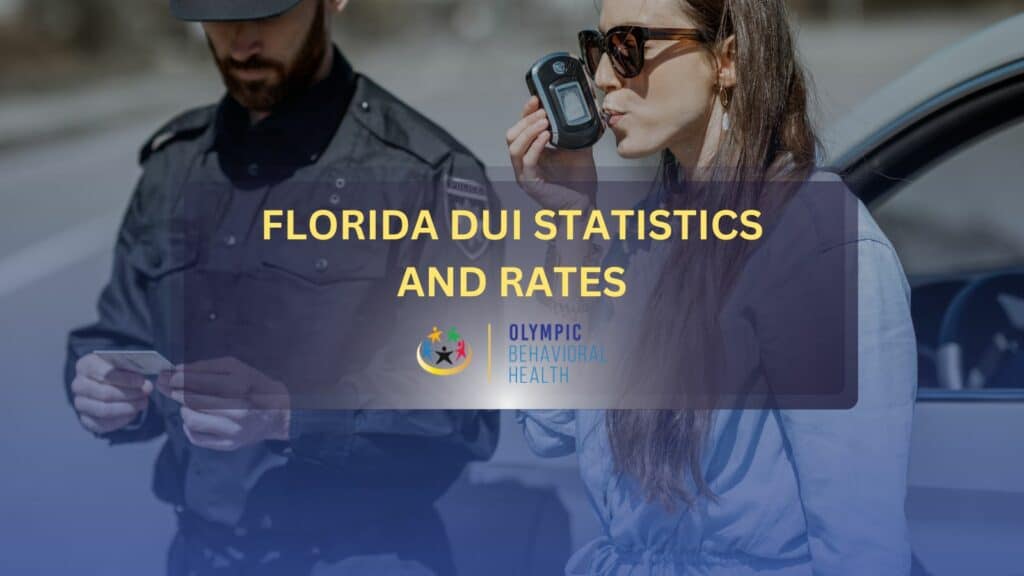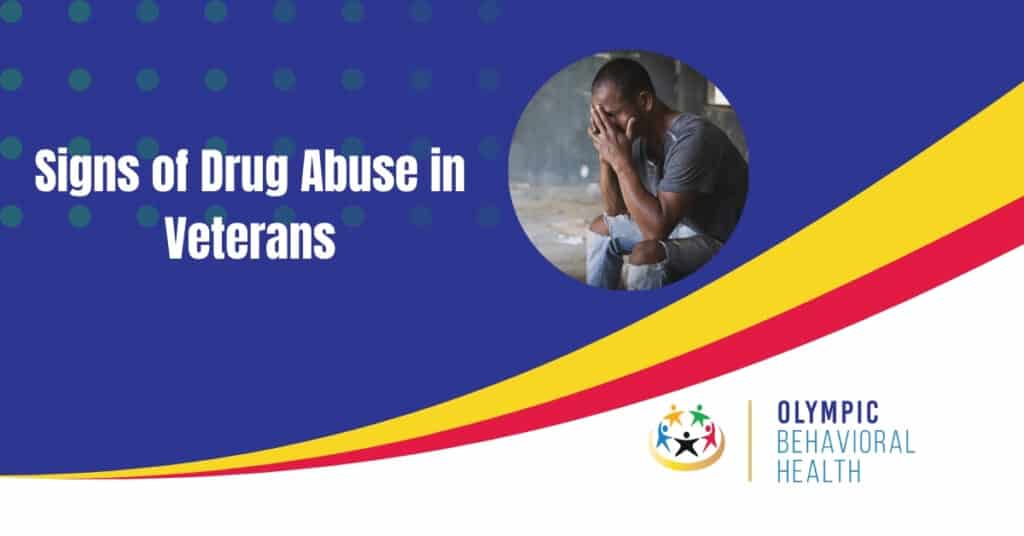Opioids, such as prescription painkillers and heroin, can have devastating effects on individuals and communities alike. By recognizing the signs of opioid addiction, we can take necessary steps to prevent its progression and seek help for those in need. This article explores the various indicators and manifestations of opioid addiction, providing valuable insight for individuals, families, and communities to promote awareness and facilitate intervention.
Physical Changes Opioid Abuse Causes
Perhaps the most noticeable changes in someone struggling with opioid abuse are physical ones. You may notice significant weight loss without an apparent cause and flushed and itchy skin. You may also see constricted pupils that look like pinpoints.
Other physical signs you may see include:
- Changes in appetite
- Decreased respiratory rate
- Frequent flu-like symptoms
- Decreased hygiene
- Constipation
Someone with a prescription drug addiction may appear slowed down, an effect known as psychomotor retardation. They may have trouble staying awake and may fall asleep at inappropriate moments. You may also see the person developing a tolerance for the opioid, requiring them to take more of it to relieve pain and other symptoms.
Emotional Changes Prescription Drug Addiction Causes
Someone suffering from opioid abuse may also display emotional changes, like mood swings that are out of character. They may quickly swing from elation to hostility without apparent reason. Unprovoked outbursts are common.
Withdrawing from social activities is also a common sign of opioid abuse, with the need to isolate becoming prevalent. Depression, anxiety, and paranoia are other common emotional changes that can come from opioid abuse.
Behavioral Changes Opioid Abuse Causes
People with a substance use disorder may have increased impulsivity, leading them to make impulsive decisions. They can also engage in risky activities like driving under the influence or stealing.
Someone with an opioid addiction related to prescription painkillers will not use the prescription as directed. They will likely finish their prescriptions early and call for refills more often. You may see them taking progressively more medication and opting to do so even when they are not in pain. They may even imply they take the medication for how it makes them feel.
Borrowing prescriptions from other people or visiting multiple doctors to obtain more prescriptions is also common, as is lying about pain to obtain more opioids. As the disorder progresses, the person may also start seeking out sources for opioids that are illegal.
You may notice financial difficulties, and they could have problems with their employment because they fail to fulfill tasks. Someone struggling with opioid abuse will spend a lot of time each day doing activities necessary to obtain the drug, use it, and recover from its effects.
The person may also disappear for days or become much harder to reach.
Reach Out to Olympic Behavioral Health for Opioid Addiction Treatment
If you or a loved one is struggling with an opioid use disorder, reach out for help. At Olympic Behavioral Health, we offer individualized treatment plans to help you navigate the recovery process.
We will assess your needs and prepare a plan that can include group therapy, family therapy, relapse prevention therapy, and more to tackle all your challenges as you work for long-term sobriety.
You don’t have to go through this alone, and you don’t have to live with a substance use disorder. Take the first step towards recovery by calling Olympic Behavioral Health at [Direct].

Share This Post



